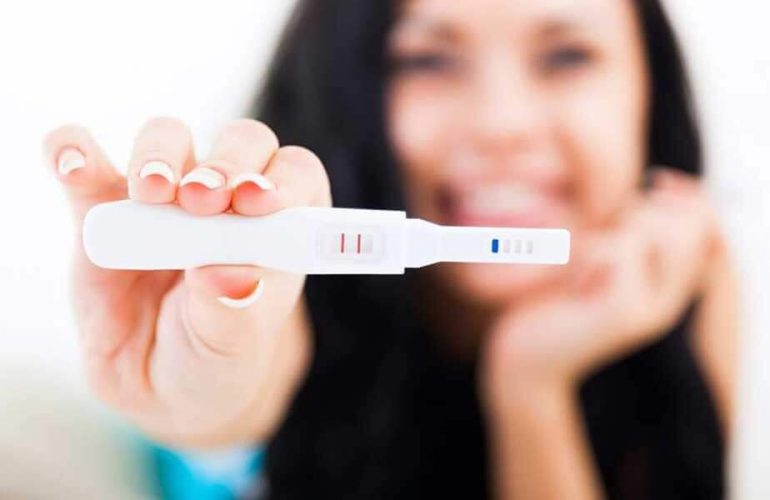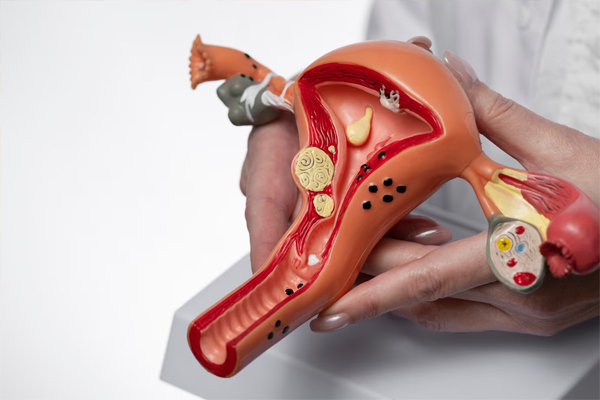What is Late Implantation in IVF Treatment?
Late implantation in IVF treatment refers to a situation where pregnancy occurs later than expected after embryo transfer. This condition may arise due to difficulties in the embryo’s attachment to the uterine wall. It is especially common in the first IVF attempts and can psychologically affect patients undergoing treatment.
In IVF treatment, late implantation can result from improper embryo development or issues during the implantation process. If pregnancy tests yield negative results, individuals may need to adopt different treatment approaches for future attempts.
Causes of Late Implantation: Which Factors Are Influential?
Late implantation in IVF treatment can be influenced by several factors.
1. Maternal Age
As age advances, egg quality and quantity decline. This decreases the chances of the embryo successfully attaching to the uterine wall. Younger women generally have a higher probability of successful implantation.
2. Hormonal Imbalances
Hormones such as thyroid hormones and progesterone play a crucial role in pregnancy. Irregularities in these hormones can prevent the embryo from attaching properly to the uterine lining.
3. Uterine Anatomy and Infections
Structural abnormalities in the uterus or infections can also contribute to late implantation. Polyps, fibroids, or irregularities in the uterine lining can make implantation more difficult.
4. Lifestyle Factors
Smoking, alcohol consumption, and excessive stress can negatively impact both general health and the likelihood of embryo implantation. Adopting a healthy lifestyle during IVF treatment is essential.
 Symptoms of Late Implantation in IVF Treatment
Symptoms of Late Implantation in IVF Treatment
The symptoms of late implantation in IVF treatment may vary among individuals.
1. Changes in Menstrual Cycle
The menstrual cycle may become longer than expected, delays may occur, or menstruation may stop entirely.
2. Mild Abdominal and Lower Back Pain
Some women may experience mild abdominal and lower back pain during the implantation process. These pains may indicate implantation failure.
3. Mood Swings
Hormonal changes can lead to increased stress, anxiety, and emotional fluctuations.
4. Noticeable Changes in General Health
If you notice any significant changes in your body, consulting a medical professional is advisable.
How to Increase Success Rates in Cases of Late Implantation?
1. Regular Monitoring by Specialists
Tracking embryo development allows early detection and intervention in cases of late implantation.
2. Improving Embryo Quality
Selecting high-quality embryos before transfer can enhance success rates.
3. Adopting a Healthy Lifestyle
Proper nutrition, regular exercise, and essential vitamin supplements (such as folic acid, vitamin D, and omega-3) can positively impact embryo health.
4. Psychological Support
Engaging in stress-reducing therapies can improve motivation and indirectly boost success rates in IVF treatment.
Tips to Prevent Late Implantation
1. Maintaining a Healthy Lifestyle
- Balanced nutrition and regular exercise can improve overall health.
- Avoid harmful habits such as smoking and alcohol consumption.
2. Stress Management
- Yoga, meditation, and breathing exercises can help reduce stress.
- Seeking psychological support can make the treatment process more manageable.
3. Medical Check-ups and Tests
- Regular medical check-ups and necessary tests can help increase implantation success.
Managing late implantation in IVF treatment requires expert guidance, a healthy lifestyle, and psychological support. A personalized treatment plan tailored to individual needs can significantly improve the chances of success.




